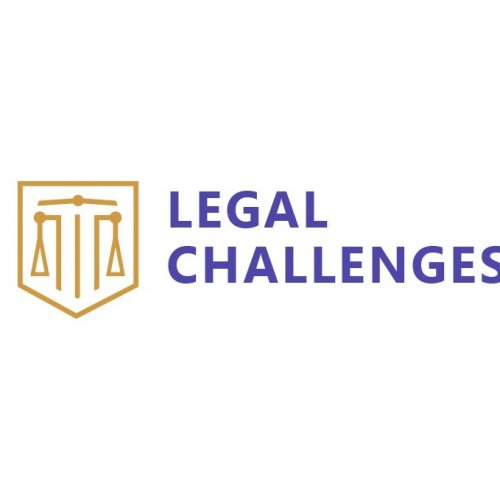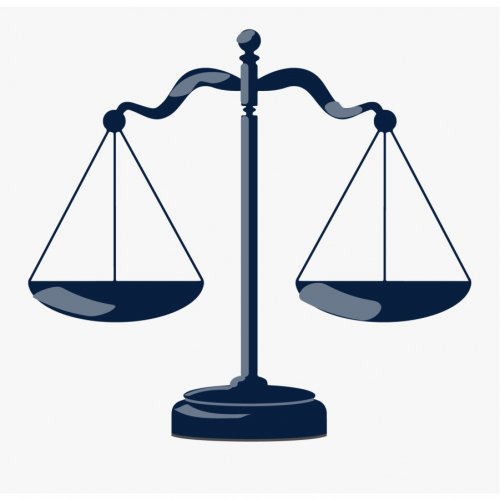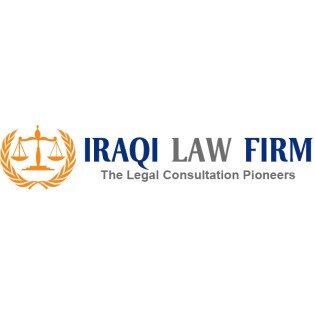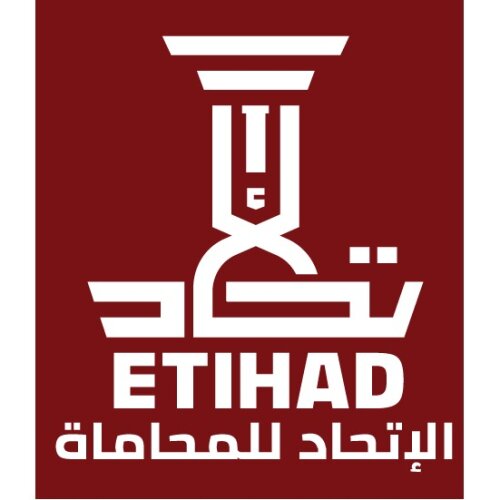Best Sanctions & Export Controls Lawyers in Iraq
Share your needs with us, get contacted by law firms.
Free. Takes 2 min.
Or refine your search by selecting a city:
List of the best lawyers in Iraq
About Sanctions & Export Controls Law in Iraq
Sanctions and export controls law in Iraq refers to the legal framework that governs the import, export, transfer, and re-export of goods, technology, and services across Iraqi borders, as well as compliance with international sanctions. These laws are intended to ensure national security, prevent the proliferation of weapons of mass destruction, and adhere to United Nations or other international sanctions regimes. In recent decades, Iraq has faced significant foreign sanctions, and the rules regarding import and export have evolved in response to both domestic priorities and international obligations.
Why You May Need a Lawyer
There are a variety of situations where individuals or businesses in Iraq may require legal assistance regarding sanctions and export controls. Here are some common scenarios:
- Before exporting or importing sensitive goods such as dual-use items, chemicals, or military-related technology
- If your business is engaged in trade with countries or entities subject to international sanctions
- When setting up operations involving foreign investment or partners
- If you are facing an investigation or enforcement action from Iraqi authorities related to sanctions violations
- To ensure compliance with new or evolving regulations issued by the Iraqi government or international bodies
- If your assets have been frozen or transactions blocked due to suspected sanctions breaches
- When reviewing contracts with international parties for compliance risks
Local Laws Overview
The main legal basis for sanctions and export controls in Iraq comes from a combination of domestic legislation and international obligations, particularly those imposed by the United Nations Security Council. Key aspects of local laws include:
- The Ministry of Trade, Ministry of Interior, and Central Bank of Iraq play important regulatory roles
- Certain goods and technologies, especially those with potential military or dual-use applications, require licenses or permits for export
- Iraq complies with many United Nations Security Council sanctions, which may restrict trade with particular countries, entities, or individuals
- The import and export of weapons, sensitive chemicals, currency, and some advanced technologies are strictly controlled
- Sanctions compliance is mandated for both private individuals and legal entities operating in Iraq
- Violations of sanctions or export controls can lead to asset freezes, penalties, criminal charges, or blacklisting
- Businesses may also be responsible for screening transactions and partners against relevant sanctions lists
Frequently Asked Questions
What items are commonly restricted under Iraq's export control laws?
Typical restricted items include weapons, explosives, nuclear materials, dual-use goods, certain chemicals, advanced technologies, and some types of telecommunications equipment.
Who enforces sanctions and export controls in Iraq?
Enforcement is carried out by multiple agencies including the Ministry of Trade, Ministry of Interior, customs officials at borders, and the Central Bank of Iraq for financial sanctions.
Do Iraqi export controls apply to all businesses, including foreign companies?
Yes, any person or entity operating in Iraq, including foreign businesses, must comply with local laws regarding export controls and sanctions.
What are the penalties for violating sanctions or export control rules in Iraq?
Penalties can include fines, imprisonment, seizure of goods, loss of licenses, and blacklisting of individuals or companies by authorities.
How can I find out if a good or service is restricted or requires a license?
You should consult the relevant Iraqi ministries, such as the Ministry of Trade, or work with a qualified lawyer to review current regulations and determine licensing requirements.
Are there restrictions on sending money to or from sanctioned countries?
Yes, financial transactions with parties from sanctioned countries are often heavily restricted or outright prohibited, and the Central Bank of Iraq actively monitors such transfers.
Do United Nations Security Council sanctions apply in Iraq?
Yes, Iraq incorporates UN Security Council sanctions into its legal framework and enforces them domestically.
Can a lawyer help with unfreezing assets that were blocked due to sanctions?
A lawyer can assist in investigating the reason for the asset freeze, submitting appeals or requests for exemptions, and representing a client before the relevant authorities.
What should I do if I am unsure about compliance with sanctions laws?
You should seek immediate legal advice to review your activities, conduct due diligence, and implement proper compliance procedures to avoid inadvertent violations.
How often do Iraq’s sanctions and export control regulations change?
Regulations can change with shifts in government policy or updates from international bodies. Staying informed and consulting with legal experts regularly is important to maintain compliance.
Additional Resources
If you need further information or guidance on sanctions and export controls in Iraq, you may consider contacting these resources:
- The Ministry of Trade of Iraq - Handles many licensing and regulatory matters
- The Ministry of Interior - Oversees import and export security regulations
- The Central Bank of Iraq - Issues guidance on financial sanctions and transactions
- International law firms with regional expertise in sanctions and export controls
- The United Nations Security Council - For details on current international sanctions affecting Iraq
Next Steps
If you believe you require legal assistance relating to sanctions or export controls in Iraq, consider taking the following steps:
- Gather all documentation and information related to your business or transaction
- Identify the specific nature of your legal inquiry, such as goods being exported/imported or financial transaction details
- Contact a reputable law firm or attorney with experience in international trade regulations and sanctions law
- Request an initial consultation to assess your position and legal obligations
- Work with your lawyer to develop a compliance plan, seek necessary licenses or approvals, or resolve any enforcement matters
- Regularly monitor developments in sanctions and export control regulations to ensure ongoing compliance
Legal counsel can help you avoid costly mistakes, safeguard your interests, and navigate the complex framework of Iraqi and international laws regarding sanctions and export controls.
Lawzana helps you find the best lawyers and law firms in Iraq through a curated and pre-screened list of qualified legal professionals. Our platform offers rankings and detailed profiles of attorneys and law firms, allowing you to compare based on practice areas, including Sanctions & Export Controls, experience, and client feedback.
Each profile includes a description of the firm's areas of practice, client reviews, team members and partners, year of establishment, spoken languages, office locations, contact information, social media presence, and any published articles or resources. Most firms on our platform speak English and are experienced in both local and international legal matters.
Get a quote from top-rated law firms in Iraq — quickly, securely, and without unnecessary hassle.
Disclaimer:
The information provided on this page is for general informational purposes only and does not constitute legal advice. While we strive to ensure the accuracy and relevance of the content, legal information may change over time, and interpretations of the law can vary. You should always consult with a qualified legal professional for advice specific to your situation.
We disclaim all liability for actions taken or not taken based on the content of this page. If you believe any information is incorrect or outdated, please contact us, and we will review and update it where appropriate.
Browse sanctions & export controls law firms by city in Iraq
Refine your search by selecting a city.

















